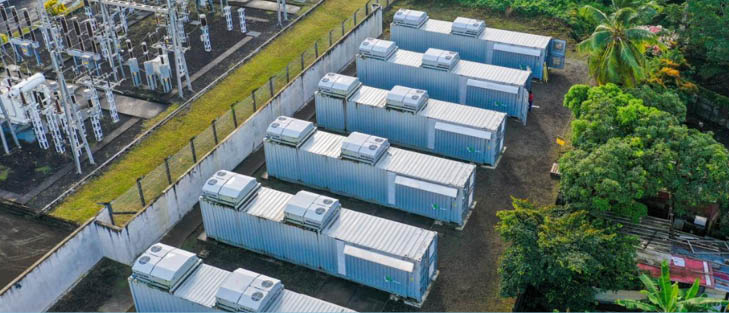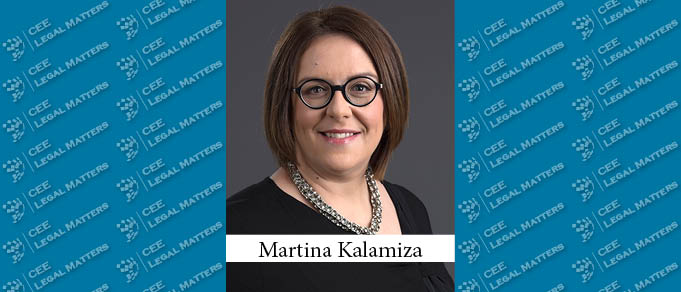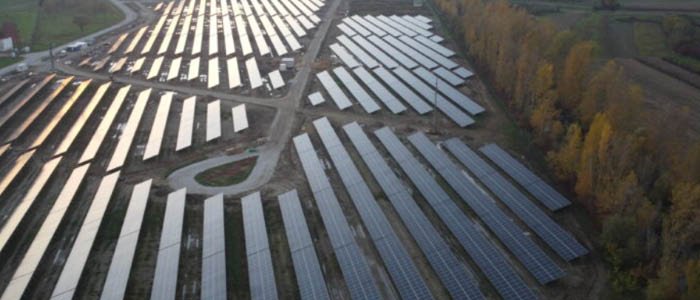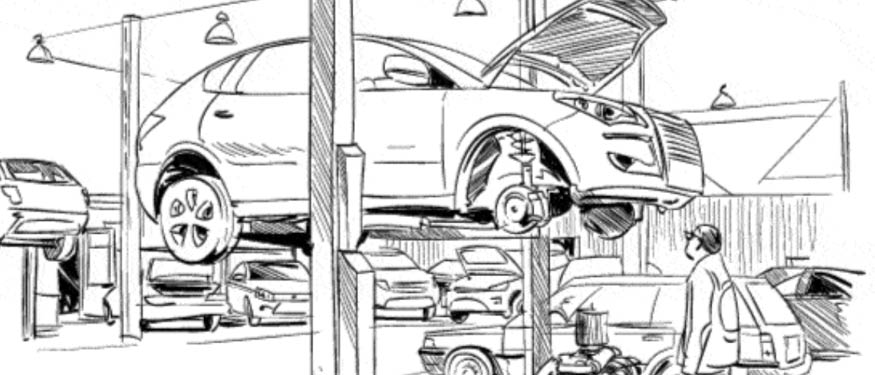Wolf Theiss, working with Jeantet, has advised Ancala on the acquisition of Elektrana Grubisno Polje from Akuo Energy. Divjak, Topic, Bahtijarevic & Krka reportedly advised Akuo Energy.
Hoarding Appartments in Croatia: A Buzz Interview with Anja Haramija of Peterka & Partners
Croatia seems to be brink of significant legislative changes that could reshape its real estate and financial landscapes, according to Peterka & Partners Zagreb Senior Associate Anja Haramija, who reports on a new real estate tax targeting property owners and regulations aimed at protecting senior citizens.
Cytowski & Partners Advises SplxAI on USD 2 Million Preseed Financing
Cytowski & Partners has advised SplxAI on USD 2 million preseed financing from Inovo.vc, South Central Ventures, and Runtime Ventures.
Oil & Gas Laws and Regulations in Croatia (2024)
Contributed by Savoric & Partners.
Savoric & Partners Advises Kompare on Acquisition of Progreso Group
Savoric & Partners has advised Kompare on its acquisition of the Progreso Group.
CEELM10 Interview: A Decade of Energy Projects in Croatia
Marohnic, Tomek & Gjoic Partner Tena Tomek talks about the evolution of the firm’s energy practice and their role as legal advisors in energy projects in Croatia over the last 10 years.
CMS and Ellex Advise on TurboVolt's Sale to Eleport
CMS has advised TurboVolt on its sale to Eleport. Ellex advised Eleport and, reportedly, Schoenherr advised Eleport on Austrian, Croatian, and Slovenian law.
The Corner Office: Onboarding Clients
In The Corner Office, we ask Managing Partners at law firms across Central and Eastern Europe about their backgrounds, strategies, and responsibilities. With managing firm clients being a critical aspect of firms’ operations, we asked: What are the three most important elements when onboarding a new client?
Savoric & Partners and Korotaj Advise on Studenac Market's Acquisition of 36 Retail Stores from Decentia
Savoric & Partners has advised Studenac Market on its acquisition of 36 retail stores from Decentia. Law Office Korotaj advised the sellers.
Greenberg Traurig, Clifford Chance, and Lakatos, Koves, and Partners Advise on CCC Group's up to PLN 1.8 Billion Financing
Greenberg Traurig has advised CCC Group on the up to PLN 1.8 billion term and revolving facilities provided by a consortium of banks and finance institutions. Clifford Chance and Lakatos, Koves and Partners advised the lenders.
Schoenherr Advises BlackPeak Capital and Catalyst Romania Fund II on Leanpay Funding
Schoenherr has advised BlackPeak Capital and Catalyst Romania Fund II on a EUR 10 million Series B funding for Leanpay.
CMS Advises IFC on EUR 200 Million Loan for Maistra Hospitality
CMS, working with Herbert Smith Freehills, has advised IFC on its EUR 200 million blue and green sustainability loan loan for Maistra Hospitality. Dentons reportedly advised Maistra Hospitality.
Croatia: Sustainability Linked Bonds on the Capital Market
Almost two years ago, I discussed in an article published in CEE Legal Matters the presence of “green” bonds and financings in Croatia. The thesis put forward in that article was focused on the necessity of companies and financial service providers to be more “green” in terms of the products they offer on the Croatian (capital) markets and goals on sustainability which should be accomplished.
Schoenherr and Mamic Peric Reberski Rimac Advise on Siemens Energy's Joint Venture with Koncar
Schoenherr has advised Siemens Energy on a joint venture agreement with Koncar for the production of transformer tanks. Mamic Peric Reberski Rimac advised Koncar.
CMS and Mamic Peric Reberski Rimac Advise on Marlink's Acquisition of Diverto
CMS, working with White & Case's London office, has advised Marlink on its acquisition of Diverto. Mamic Peric Reberski Rimac advised Diverto.
CMS Advises Warner Music Group on Minority Stake Acquisition in Dancing Bear Records
CMS has advised the Warner Music Group on its acquisition of a minority stake in Croatian label Dancing Bear Records. Kramaric & Partners reportedly advised Dancing Bear.
Understanding The Exhaustion Of Trademark Rights In The Western Balkans: A Detailed Overview
The concept of exhaustion of trademark rights is a nuanced aspect of intellectual property law that might seem counterintuitive to those unfamiliar with the field.
Schoenherr Advises on Resalta’s Sale of Resalta BV Netherlands to Aggreko
Schoenherr, working with Rutgers & Posch, has advised the shareholders of Resalta on the disposal of a controlling stake in Resalta BV Netherlands, including its Slovenian, Croatian, Serbian, Romanian, and Czech Republic subsidiaries, to Aggreko. A&O Shearman reportedly advised Aggreko.






























